Here's a list of ten Italian colloquial terms useful in everyday conversation.
Italy is a diverse country with a variety in dialects and customs, so some of these terms are more common in certain areas of the country than others.

While these are useful to fully understand Italians, they are more commonly used in informal situations.
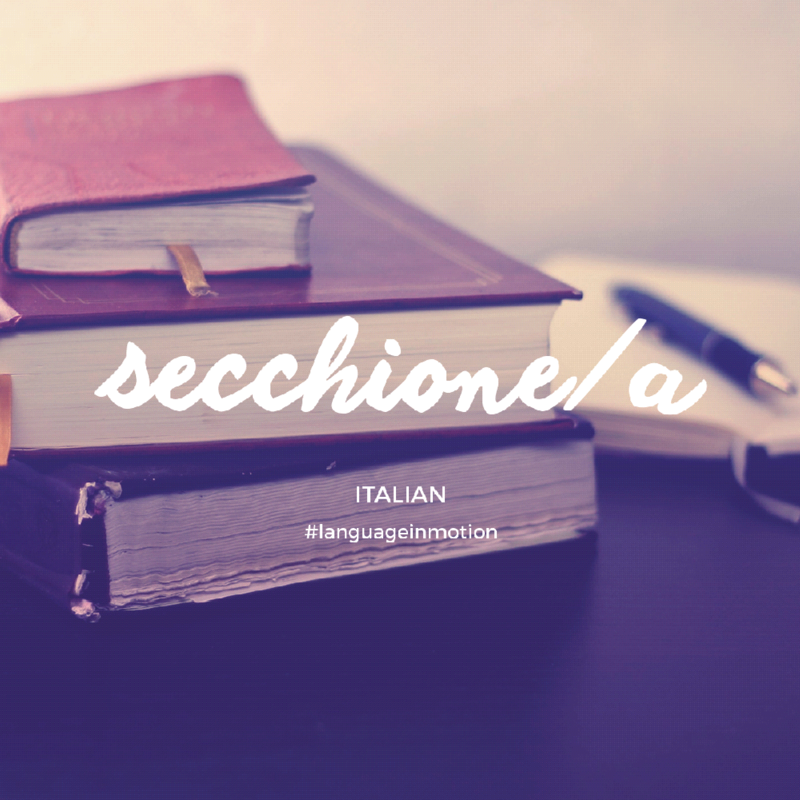
Secchione / secchiona: someone that studies intensely, sometimes to the detriment of their social life or other interests. A bookworm or nerd.
Example: Marco é proprio un secchione, non fa altro che studiare dalla mattina alla sera.
Marco is such a nerd, all he does is study from morning until evening.
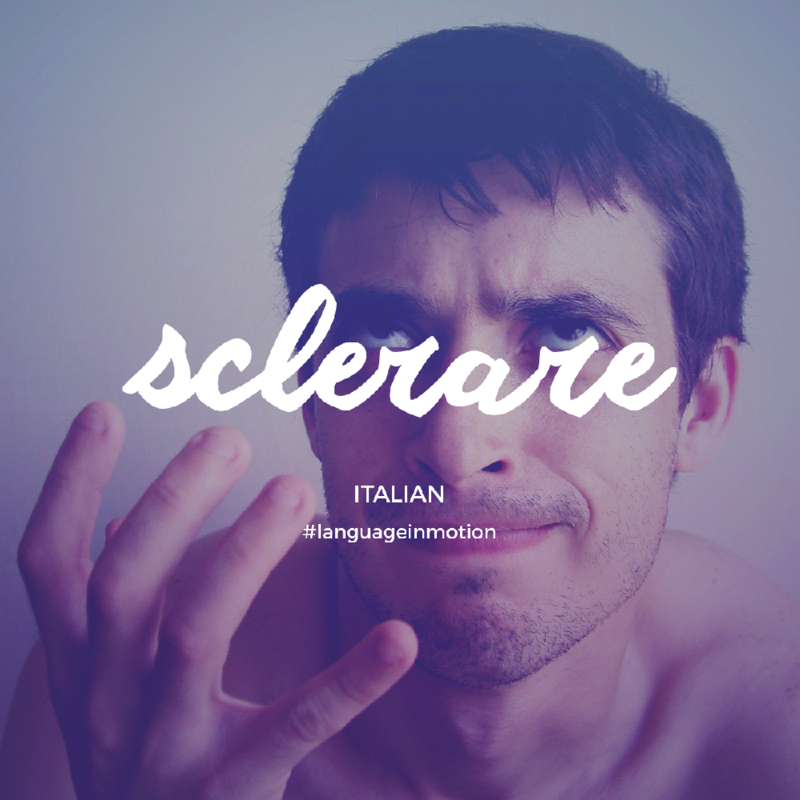
Sclerare: a verb that means to go out of your mind, freak out, usually as a consequence to something.
Example: Ho sclerato di brutto dopo aver studiato per dieci ore consecutive!
I freaked out badly after studying for ten hours straight!
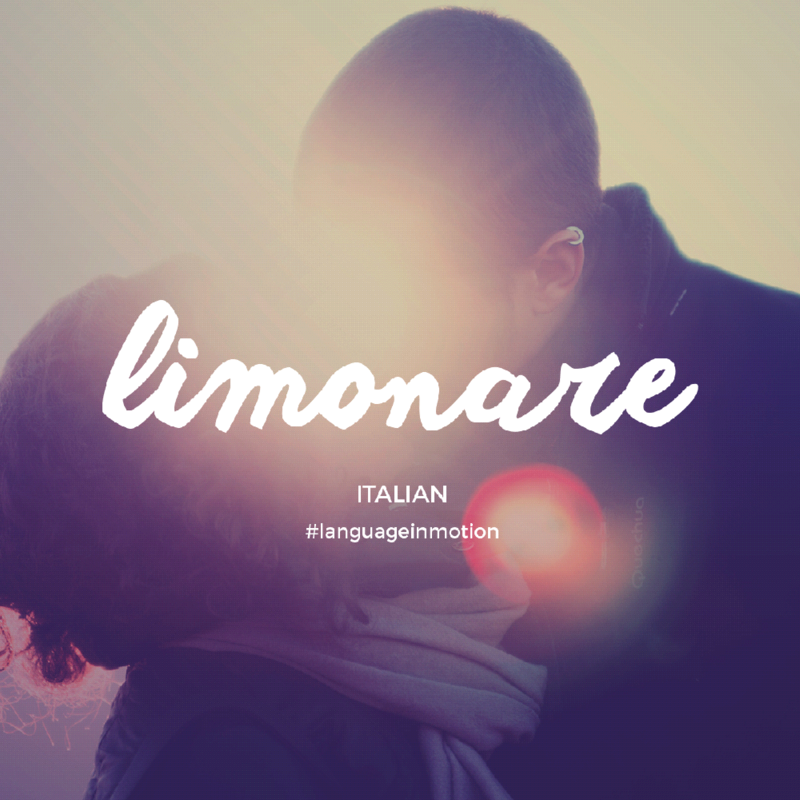
Limonare: to make out, french kiss.
Example: L' altra sera li ho visti limonare in discoteca.
I've seen them make out at the club the other night.
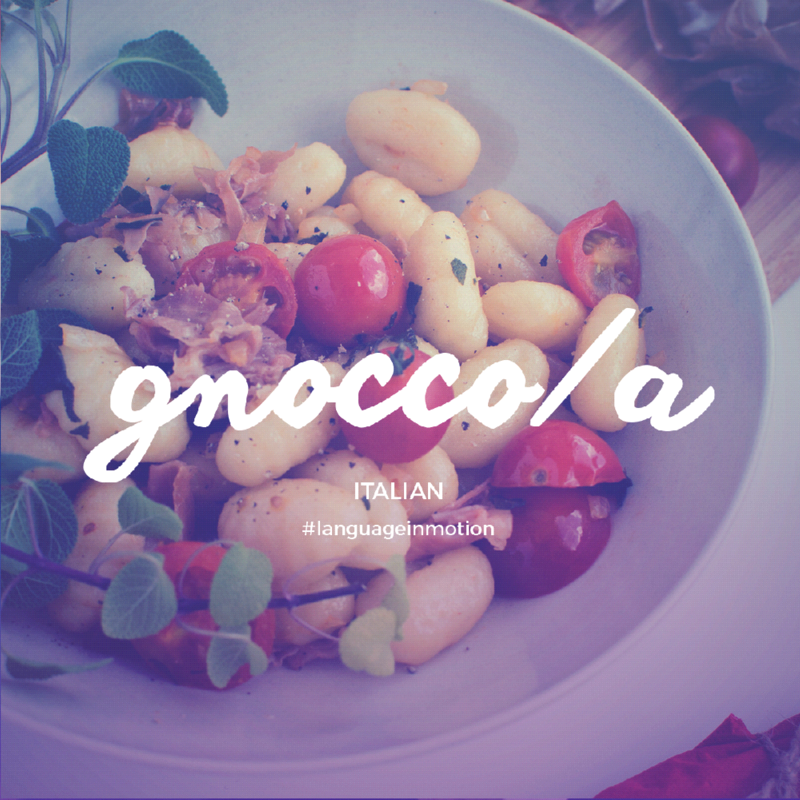
Gnocco / gnocca: not the famous Italian dish in this case! A gnocco or gnocca is a good looking man or woman.
Example: Guarda quel gnocco!
Look at that handsome guy!
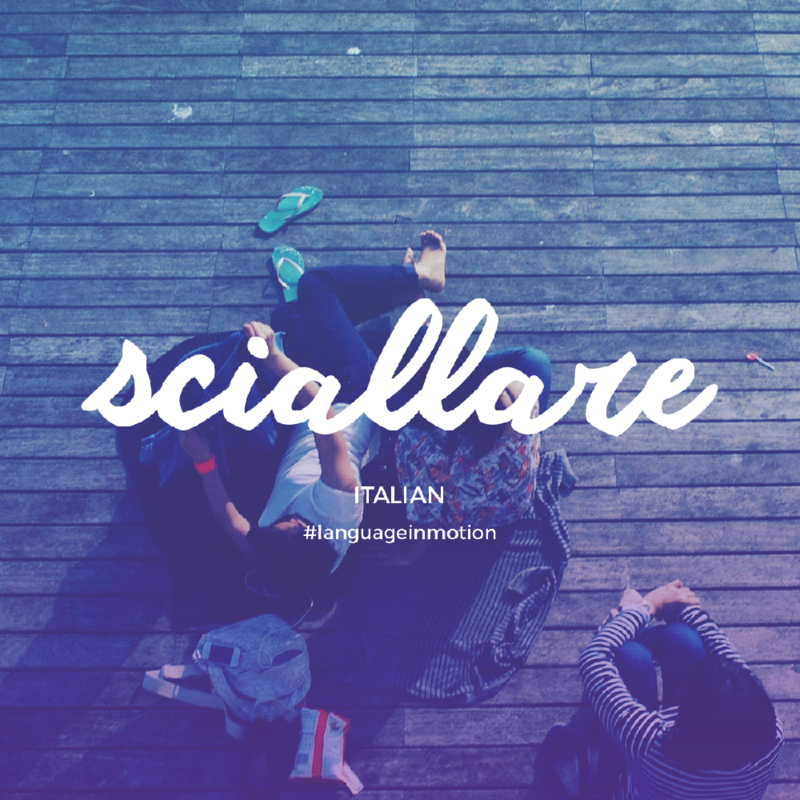
Sciallo / sciallare: To take it easy, relax.
Example: Stasera me la sciallo a casa a vedere un film.
Tonight I'm relaxing at home and seeing a movie.
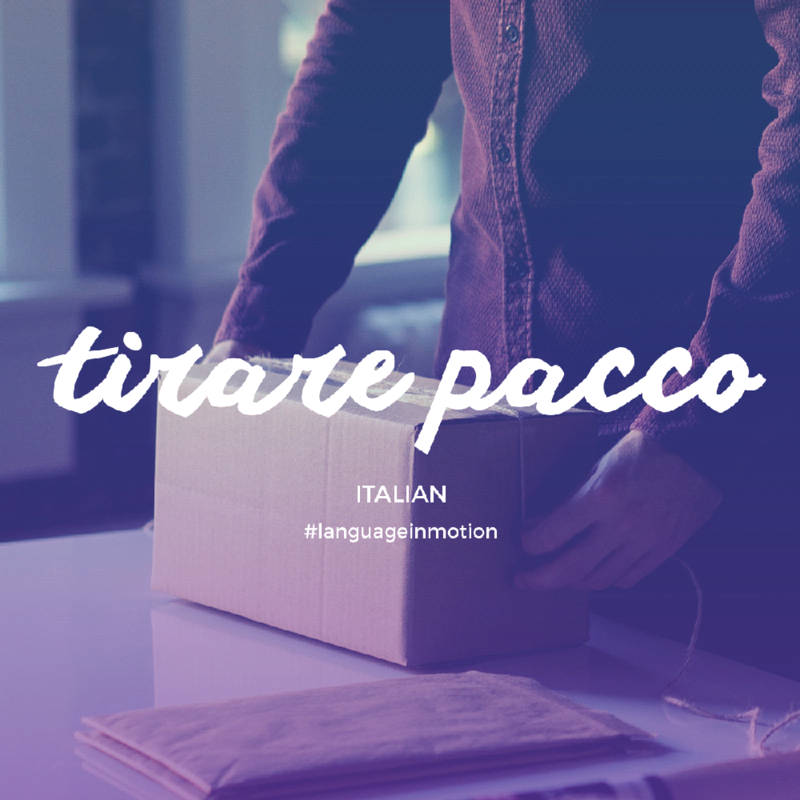
Tirare pacco / dare pacco: to stand someone up, not showing up at an appointment.
Example: Anna mi ha tirato pacco ieri sera.
Anna stood me up last night.
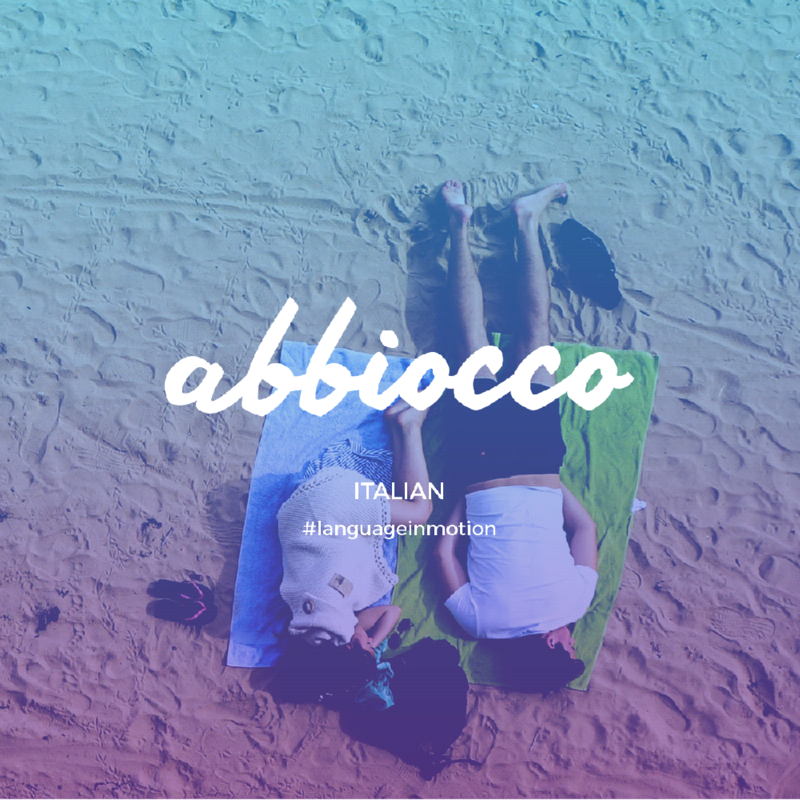
Abbiocco: the sense of sleepiness that comes after eating a big meal.
Example: Dopo pranzo mi abbiocco di fronte alla televisione.
After lunch I get sleepy in front of the television.
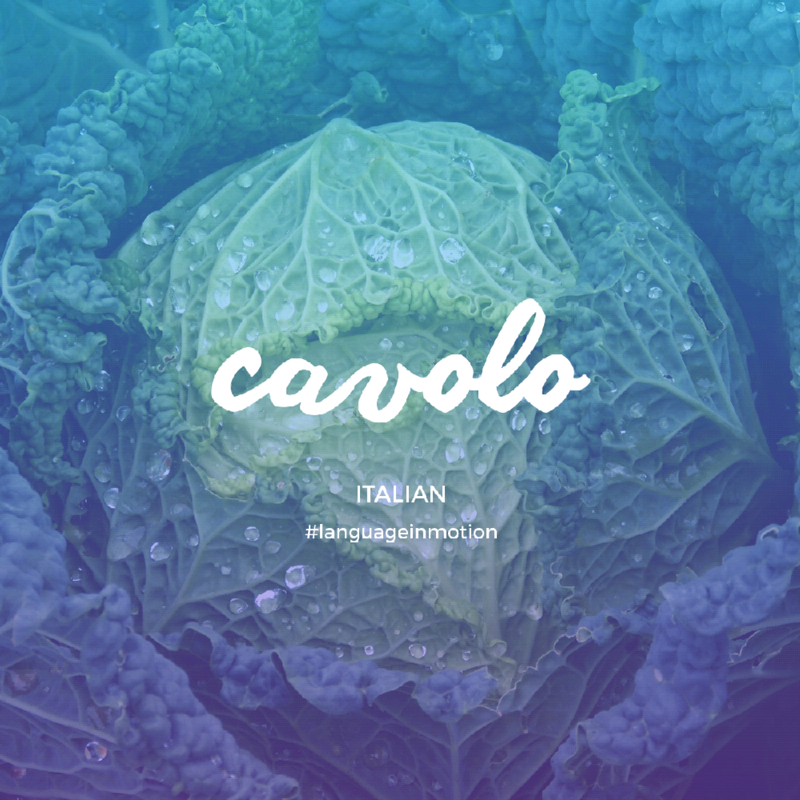
Cavolo: not only does it mean "Cabbage", but it is also used as "Darn" or "Damn", replacing some more vulgar terms.
Example: Cavolo! Ho sbattuto il dito del piede!
Damn! I've slammed my toe!
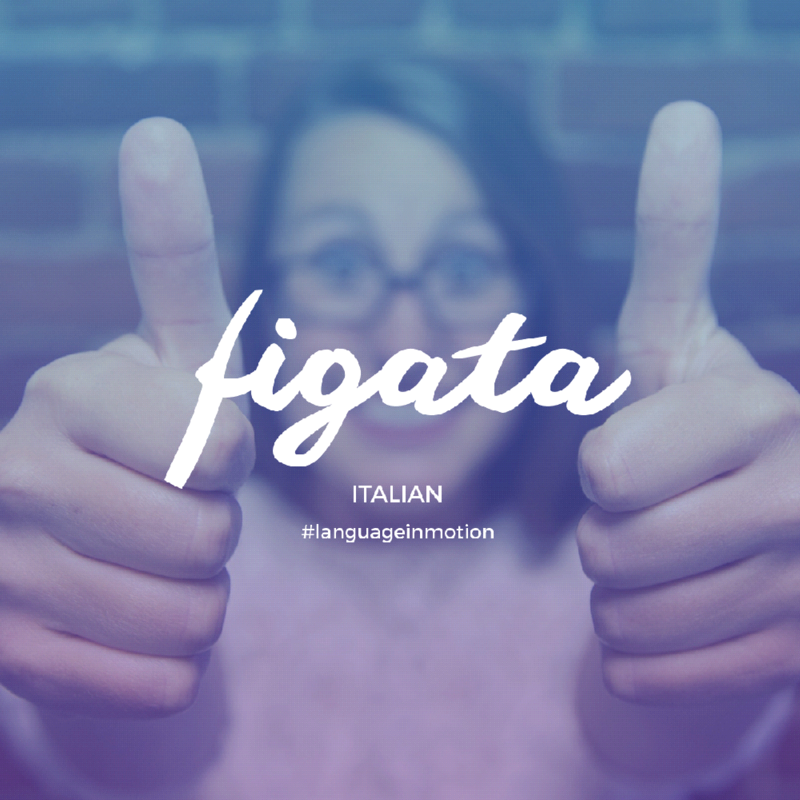
Figata: something that's cool, great.
Example: - Ho iniziato a imparare il francese. - Che figata!
- I've started learning french. - That's cool!
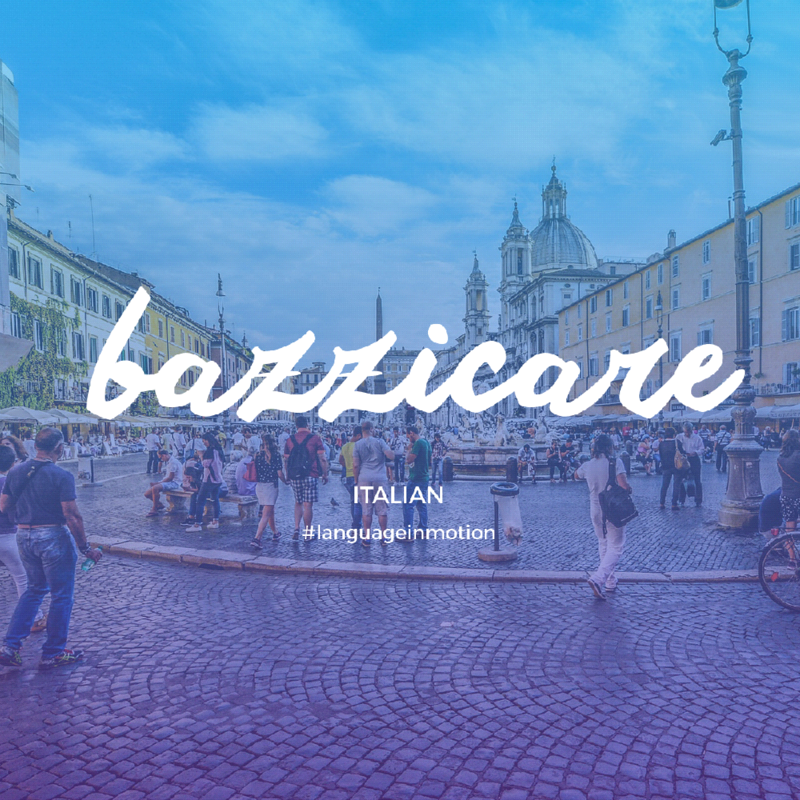
Bazzicare: to go often to a place.
Example: Bazzica sempre a Piazza Navona.
He's often in Piazza Navona.


